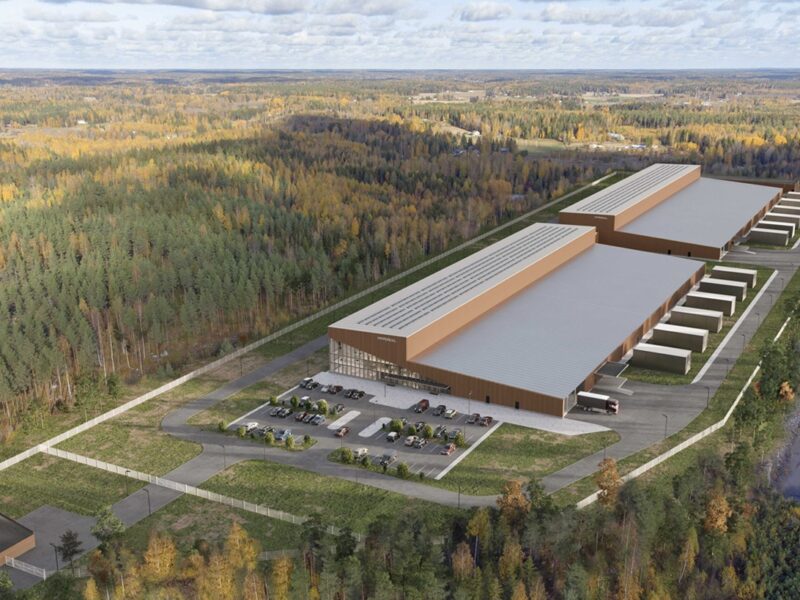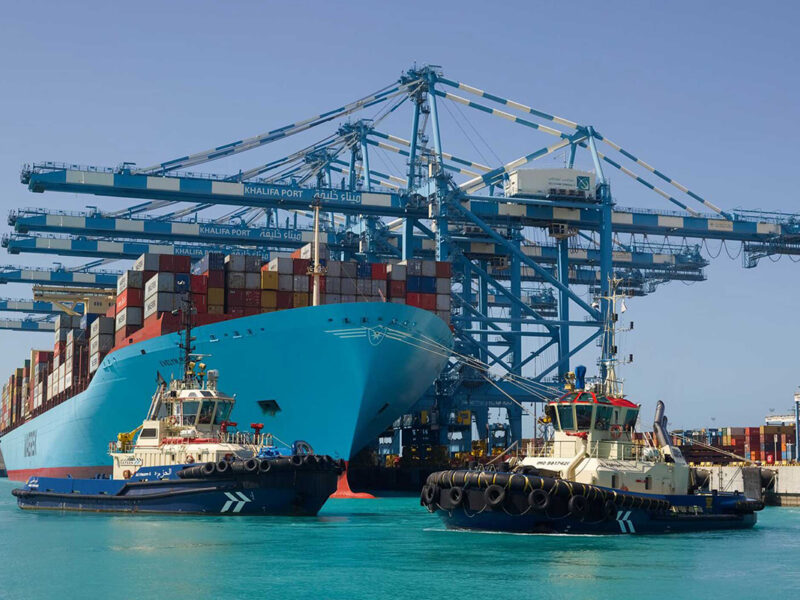For many organisations, the coronavirus pandemic was an unexpected but hugely important factor in the acceleration of digital transformation through 2020. At the companies responsible for aiding these processes, senior executives noticed a more sophisticated understanding of platforms – and the value they add – beginning to emerge.
Last year, research agency Gartner predicted IT spend across MENA would hit $160 billion – something largely driven by digital transformation.
“Everyone gets that they need to focus on platforms – especially B2B ones – but digital transformation used to be confused with automation,” Mohamed Al Qubaisi, chief technology officer at Injazat Data Systems, told Arabian Business.
“Now we’re talking about reviewing business models.”
Founded in 2005, Abu Dhabi-based Injazat specialises in digital transformation, cloud and cybersecurity. Its clients include the Abu Dhabi Department of Health, for which Injazat built Malaffi, the region’s first unified patient record platform. Injazat also partnered with the UAE Ministry of Interior to install and operate smart alarm transmission equipment across 150,000 buildings in the country.
Tech follows the solutions
“In terms of technology and digital transformation, tech follows. It enables.” Al Qubaisi added that people are now discussing the value platforms are adding towards providing solutions, rather than simply bringing technologies such as AI and the blockchain in first.
He cited the example of Malaffi. “That was a collaboration between us and the government, with top-down support. The focus was on benefitting citizens, and consolidating all the healthcare records so that they could get better healthcare.” Injazat only engaged specific tech component providers after the business case was ready – and Al Qubaisi believes this was a recurring theme for many businesses on their own digital transformation journeys through 2020.
Another trend he noticed was the rising involvement of start-ups. “Before it was all about the big players. Now we’re talking to start-ups, and that makes sense for them, as well as for us commercially from a cost perspective.
“It used to be about who was leading in the Gartner Magic Quadrant for a particular component, with nobody to orchestrate and dependence on a solution rather than an orchestrated platform that includes solutions.”
Digital delivery approaches
Last month, Injazat announced a partnership with LTI, a global tech consultancy and digital solutions firm, to provide the Abu Dhabi company’s customers a hybrid of delivery approaches including onshore, best-shore and cloud, and further advance its wider digital delivery ecosystem.
“The global aspect helps us focus on the orchestration and bringing the right partners,” explained Al Qubaisi. “It gives us scale, access to resources, speed and cost-effectiveness – we’re able to compete globally, whereas before we were restricted to more local set-ups.
“The new partner brings loads of new capabilities and products that we can actually combine into our offerings. It’s not only about competitiveness but also access to global talent and economies of scale.”









